Applications for Ohio Farm Bureau Health Plans now available
Members have three ways to apply: contacting a certified agent, calling 833-468-4280 or visiting ohiofarmbureauhealthplans.org.
Read MoreIn a recent outreach effort to the DeWine administration, Farm Bureau applauded the decisions the governor has made to make public health the focal point of the state’s response, undoubtedly saving countless lives. As plans are made for the next phase in the fight against the coronavirus, Farm Bureau asked that a balance is struck between protecting public health and the well-being of Ohio’s economy.
From the economy to education to health, Ohioans have been negatively impacted by the COVID-19 pandemic in numerous ways. As plans are being developed to reopen the state, Ohio Farm Bureau has reached out to the DeWine administration to ask the governor to begin to reopen Ohio for business on May 1 and to emphasize specific segments of society that may require additional stimulus and assistance to recover from the COVID-19 pandemic.
Farm Bureau’s thoughts in regard to the task of reopening Ohio are based on lessons learned from the Great Recession. Rural communities are at a disadvantage during any economic upheaval, due to their smaller tax base, lack of internet connectivity and lower access to credit and capital. In addition, a recent U.S. Department of Agriculture study comparing urban and rural areas from 2010-2018 found that isolated rural areas have steeper population loss and the highest poverty rates. The study also showed labor participation was slower to return to rural areas during the most recent economic slump, and even 2019 employment levels in nonmetro areas stayed below pre-2008 levels.
These facts are exacerbated by the impacts of recent trade disruption on rural economies that are largely supported by agricultural and manufacturing industries. That’s why Ohio Farm Bureau is stressing the importance that all plans to move forward from this disruption keep an eye to ensuring a full recovery for rural communities.
Ohio Farm Bureau asked that the governor’s guidance for reopening include practices that can be identified in a Plan for Compliance so that businesses will have a clear understanding of social distancing, sanitation and safety measures that will keep both their employees and customers safe. In addition, the organization asked the administration to consider alternative options to control the spread of the coronavirus for businesses that simply cannot operate at a social distance. Many farm functions and processing functions involve heavy physical labor and many times take more than one individual to complete the task. Allowing alternatives to social distancing would allow those businesses to continue their essential work.
In Farm Bureau’s outreach to the administration, the organization noted that the economic consequences from this crisis will have serious ramifications not only for the economy, but the population’s health as well. Using studies of past crises for insight, there is a fear of an uptick in drug abuse and overdoses, domestic violence, and suicides. Research suggests that rural economies suffer more and recover slower from these economic disruptions.


Members have three ways to apply: contacting a certified agent, calling 833-468-4280 or visiting ohiofarmbureauhealthplans.org.
Read More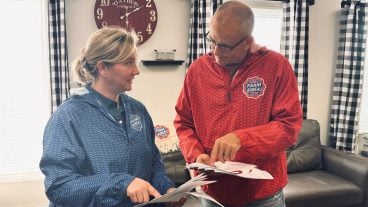
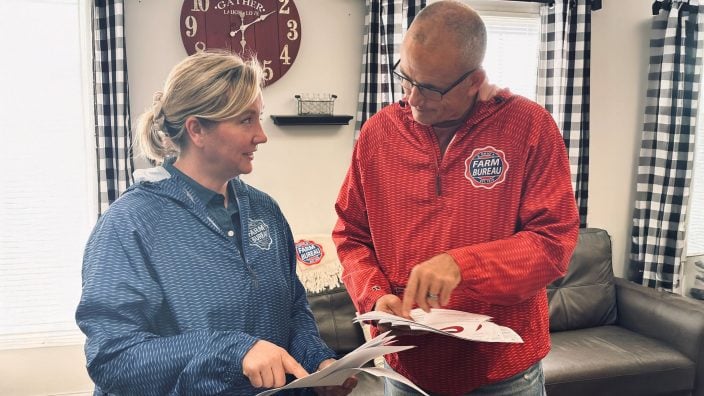
One of the best decisions Shannon and Heather Utter made a few years ago was looking into a Farm Bureau member benefit that has ended up saving them thousands of dollars on their energy bills.
Read More

Ryan Hiser has experienced first-hand the importance of having the opportunity to vote on issues that will affect his family operation and other farmers.
Read More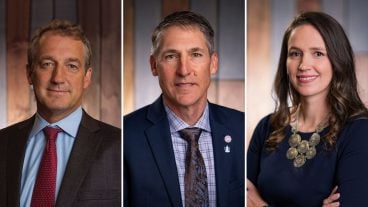
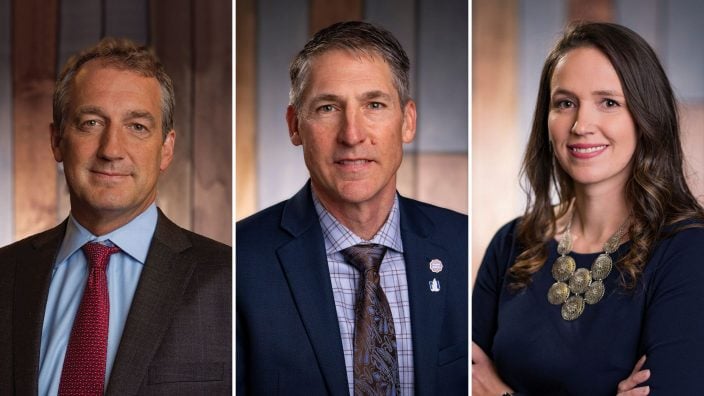
Bill Patterson, Cy Prettyman and Adele Flynn will continue to serve as officers for Ohio Farm Bureau Federation.
Read More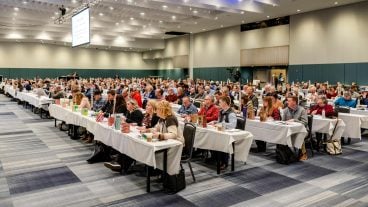
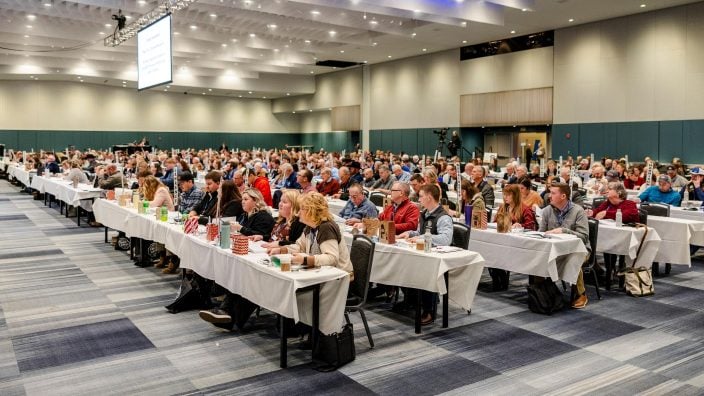
Delegates discussed many topics impacting agriculture including farmland preservation, local foods, and succession planning.
Read More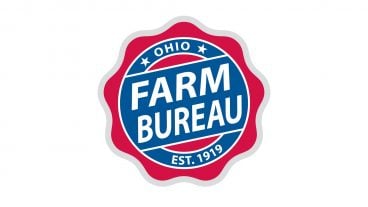
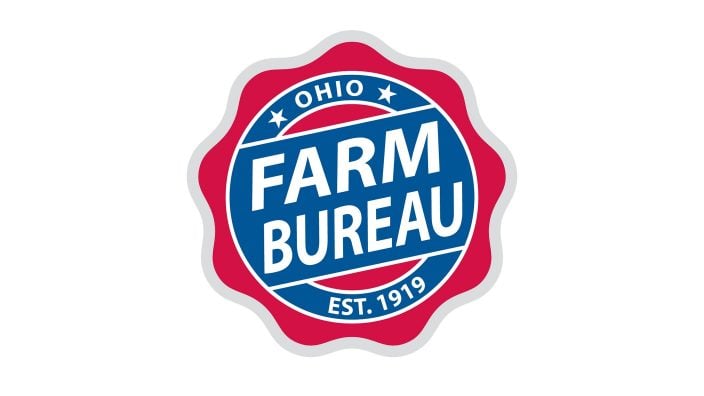
Twenty-six farmers govern the state’s largest farm and food organization.
Read More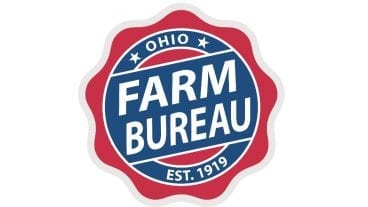
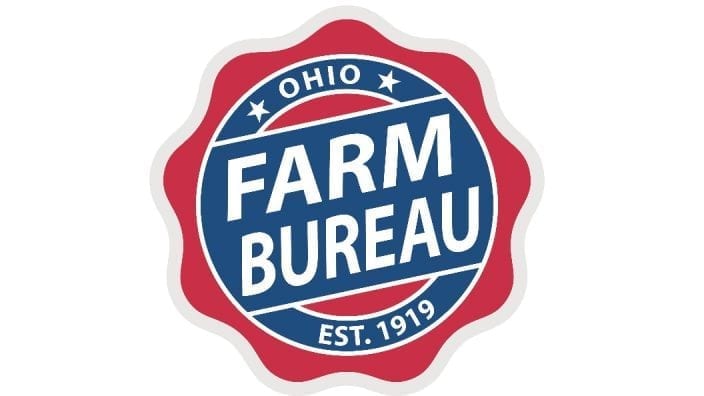
The 2025 recipients are Fred Cooke (posthumous) of Richland County, Marvin Dietsch of Williams County, Steven Knollman of Hamilton County and Michele Miller (posthumous) of Ottawa County.
Read More
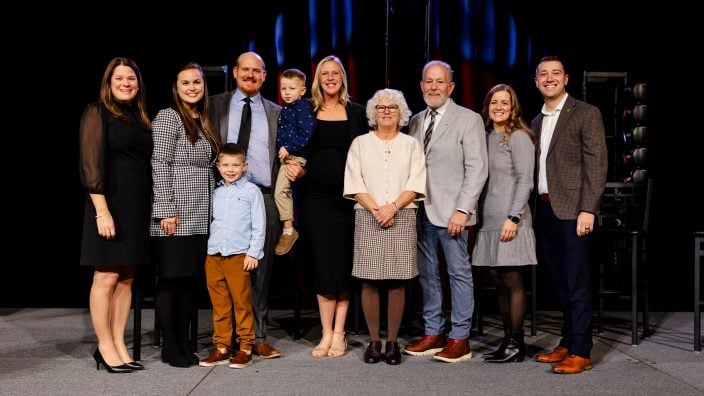
Nathan and Jill Parriman grow seasonal crops, including Christmas trees, pumpkins and cut flowers, providing U-cut experiences that invite customers to engage directly with agriculture.
Read More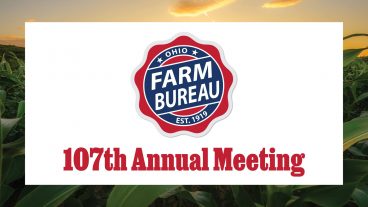
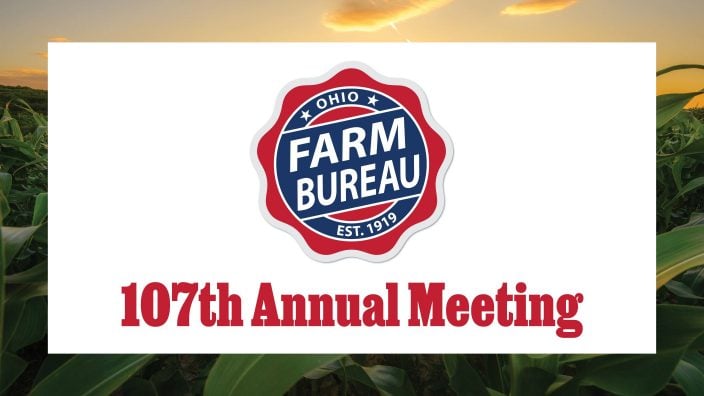
The 2025 Distinguished Service Award recipients are Craig Adams, Mike Townsley, and Kellogg Farms, Kurt Farms and Stateler Family Farms.
Read More

Ohio Farm Bureau Treasurer Adele Flynn participated in the meeting, representing Ohio farmers.
Read More